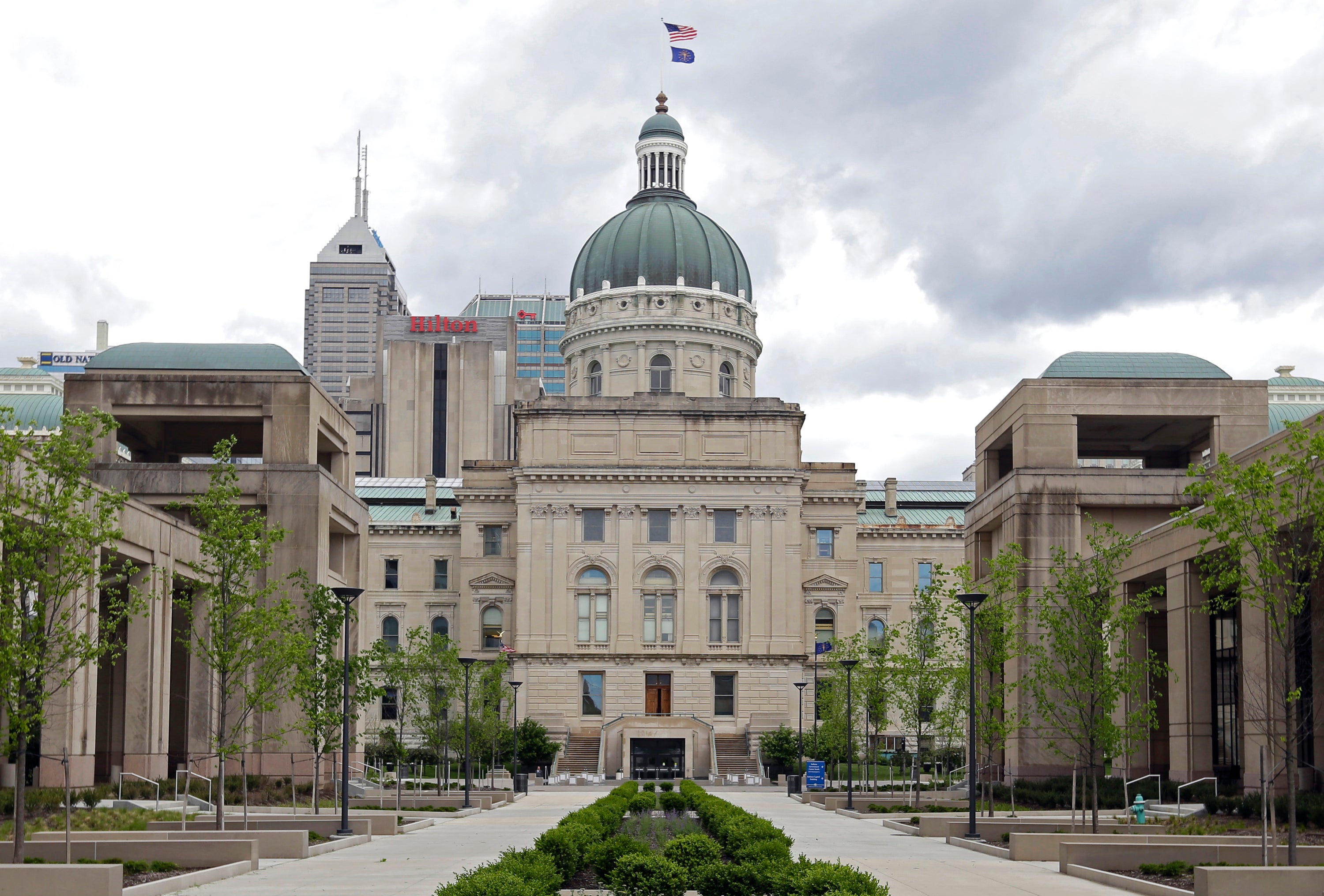Education, Medicaid highlight fast-paced legislative session
INDIANAPOLIS (WISH) — In the span of barely two months, lawmakers sent Gov. Eric Holcomb a flurry of bills dealing with issues from literacy and absenteeism to birth control access and a partial fix for a troubled Medicaid program.
Literacy, absenteeism top education concerns
State education officials in August revealed nearly 1 in 5 Indiana third-graders can’t read at grade level. Around the same time, they found a similar number are chronically absent from school. State lawmakers and Holcomb said in the months leading up to the session those issues would be their top priorities.
Lawmakers’ plan for literacy carried the designation Senate Bill 1, indicating it was that chamber’s top legislative priority. The final version of the bill moves the IREAD exam from third grade to second grade, and requires reading interventions for any student who fails the test. Students would be held back for one year if they fail the test three times. Students would not be retained if they are English language learners, have an intellectual disability or demonstrate math proficiency.
On the absenteeism front, a bill approved on the last day of session requires schools to hold attendance conferences with parents of habitually absent students and come up with plans to provide services that ensure the student is able to get to class on time.
Higher education drew lawmakers’ attention as well. Legislation on the governor’s desk would require Indiana’s four-year institutions to investigate the feasibility of offering three-year bachelor’s degrees. The bill also codifies into state law Ivy Tech Community College’s reverse credit transfer program, under which students who complete at least 75 credit hours at a four-year institution can transfer the credits to Ivy Tech in order to receive an associate’s degree.
Attendant care program draws tougher scrutiny
December’s revelation of a projected billion-dollar Medicaid funding shortfall overshadowed the 2024 legislative session. The following month’s revelation the Family and Social Services Administration would begin removing families from the attendant care program led to weekly protests by parents of children with severe medical conditions. Lawmakers in the closing hours of session approved legislation to require new transparency and oversight rules of FSSA and to require a full accounting of what led to the forecasting issue. The legislation also requires the FSSA to set a minimum reimbursement level for families transitioned away from the attendant care program to another program, structured family caregiving. Lawmakers at one point floated setting their own minimum but ultimately chose to leave the decision up to the agency.
Child care, birth control and more
Legislation now on the governor’s desk will make child care workers eligible for the On My Way Pre-K program and Child Care Development Fund vouchers if they make up to 85% of the state’s median income. The bill also lowers the minimum age to be a child care worker from 21 to 18.
A Democratic-backed bill requires doctors to offer long-acting, reversible contraception to new mothers who are Medicaid recipients. The bill’s backers said doing so is one way to prevent unwanted pregnancy, especially among the most vulnerable of the state’s residents.
Holcomb will have to decide whether to sign a bill that ends restrictions on the hours 16- and 17-year-olds can work and to make it easier for 14 and 15-year-olds to be excused from school to work. There is also a bill to prohibit foreign adversaries from buying any new agricultural land in Indiana or from buying land within 10 miles of a military installation. A House priority bill codifies into state law the International Holocaust Remembrance Alliance’s definition of antisemitism, declares antisemitism a form of religious discrimination and prohibits it in educational settings.
The governor will have seven days to act on legislation from the time it is officially presented to him.
